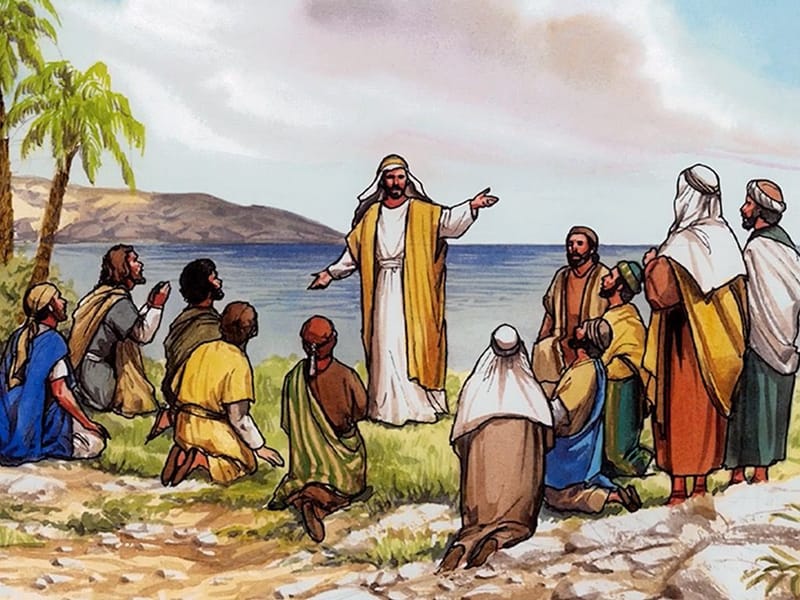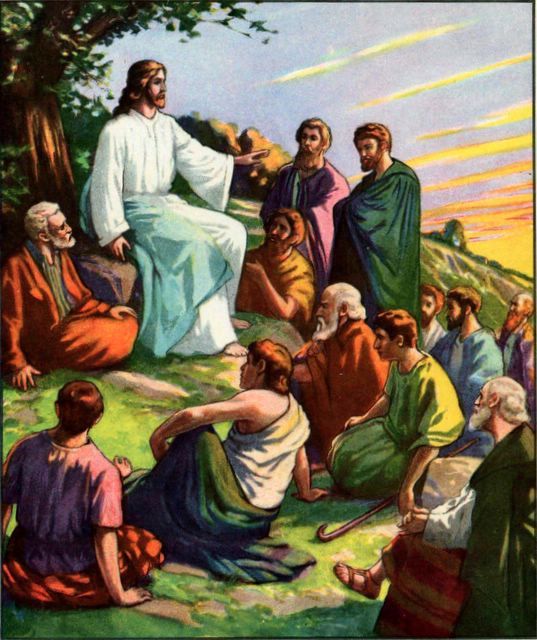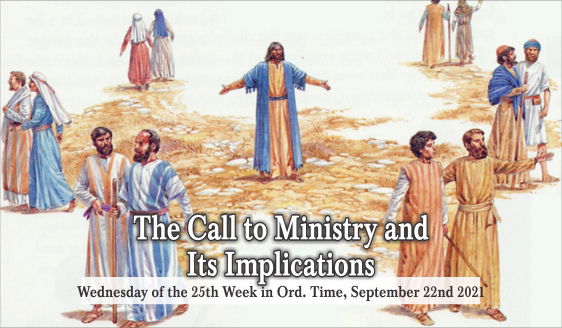DAILY HOMILIES #ministry
To fill their churches, many preachers say: “God loves you as you are. Come the way you are.” This is why people now dress half-naked to church, and ushers now look like ladies working in nightclubs. This is why secular artists have taken over the music departments of our churches. Darkness and light cannot coexist. We cannot have darkness within us and claim fellowship with God. Don’t come as you are – change! Change to something better; you are coming into the King’s presence! This is not a social gathering. You are not here to sell your body. You are here to worship God.
Read MoreAs ministers of God, we must preach with the examples of our lives. Until we cease to be beneficiaries of corruption like Amaziah, the priest, we cannot speak truth to power. Until we practice the detachment Jesus recommends, no one will take our sermons or communiques seriously. As St. Paul says in today’s second reading, we have been called “to be holy and spotless”, not necessarily to make it big in life. Let us repent from worshipping money, whether as ministers or laity. Let us return to practising the Gospel values and apply poverty of spirit.
Read MoreThe saying goes that “some give to the mission by going while others go to the mission by giving.” You don’t need to be a priest, a pastor, a prophet, a bishop, etc., to serve God or to contribute to the building of His kingdom on earth. Consider your present occupation as your vocation. Do not only be concerned about your salary; use your connections to promote God’s kingdom.
Read MoreToday's readings present two broad dimensions of priestly ministry: praying for the people and interacting with or rendering service to God’s people. Remember that apart from those ordained, every Christian (by the sacrament of baptism) is also a priest.
Read MoreAccording to St. Paul, those who consider ministry a money-making enterprise “fall into temptation, into a snare, into many senseless and hurtful desires that plunge them into ruin and destruction. The love of money is the root of all evils; through this craving, some have wandered away from the faith and pierced their hearts with many pangs. But as for you, man of God, shun all this.” (1 Timothy 6:9-11).
Read MoreWhile Ezra, the priest prayed for the people during the evening sacrifice with torn garments (symbolising contrition just like the people of Nineveh did), the twelve disciples are sent to various towns and villages to evangelise. This shows us that ministry involves an active prayer life on one hand and the daily interaction with the people
Read More




